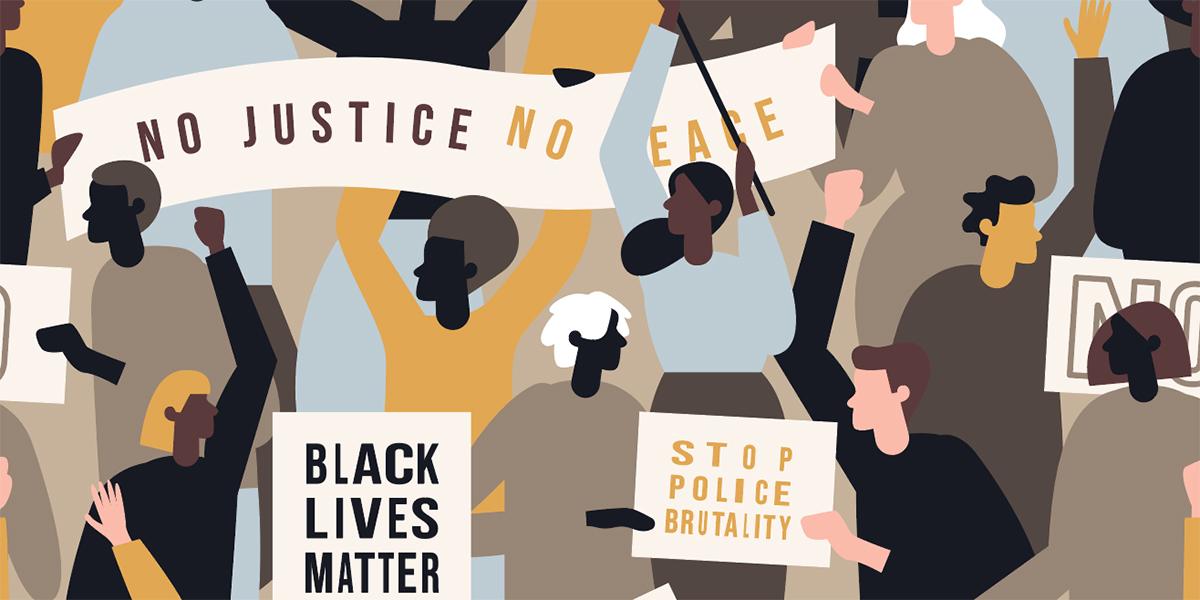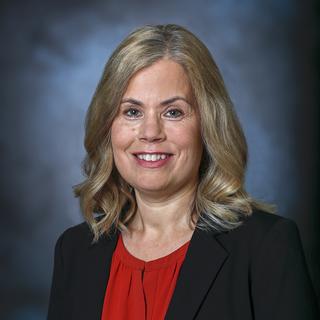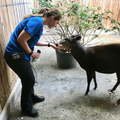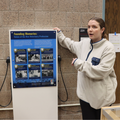- Issue:Published:Photo(s) by:Adobe Stock
Leading veterinarians,
We encourage graduates of our College to embrace their status as community leaders with humility and thoughtful preparation. It has never been more important that we as veterinarians embrace our role as leaders.
Most of us are far more adept at navigating pandemics than we are at facing social upheaval. As community leaders, we are called upon to act.
As an educator, I am equipped with skills to develop and deliver a complex curriculum. As a human being, I can empathize with the suffering caused by internalized bias and the systemic racism it causes while simultaneously recognizing that my understanding is limited by my lived experience. As the leader of a mostly-white veterinary college within a community that has serious racial disparities and inequities, I feel unqualified to speak up.
And still, I owe it to our community members, and especially our community members of color, to try.
The murder of George Floyd and ensuing protests and riots have affected all of us, but particularly people of color within our community and those that were already displaced or otherwise experiencing systemic oppression. To merely denounce his killing and the historic injustice and inequity is inadequate. I have had the opportunity to listen to voices of Black colleagues that are speaking their needs and asking all of us to act with persistence rather than urgency.
Our efforts are long overdue. We need to address systemic issues that are present within our profession. We must act with persistence to create the inclusive and equitable culture we want--one which recognizes a shared humanity through the valuing of different lived experiences; one which actively combats racism and microaggressions; one that is receptive to being held accountable; and one that consistently strives for growth.
We must look inward to address our intrinsic biases so that we can come together externally to grow as a community. We should commit to asking ourselves on a daily basis what we are doing to un-learn our bias.
We can own and engage in self-study, relying on and listening to experts. We can listen empathetically to those who are in pain, not judging that pain and comparing it to our own, but being present and open, just as veterinarians are to grieving clients.
We often look to our leaders for solutions to our challenges. However, we can all step up to lead rather than falling back to a “life goes on” or “business as usual” mentality. Let each of us commit to acting with self-reflection and persistence as we collectively work toward long-term, lasting change. Let us commit ourselves to creating an inclusive and accountable culture.
Sincerely,
Laura Molgaard, DVM
Interim dean and associate professor
University of Minnesota College of Veterinary Medicine





